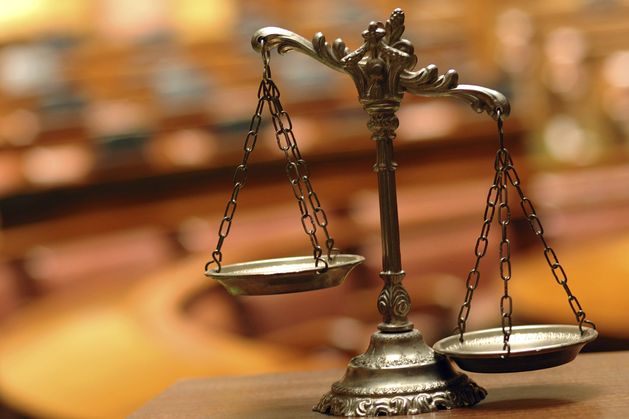Brendan Burgess
Founder
- Messages
- 55,350
This happens so rarely it's worth highlighting

 www.independent.ie
www.independent.ie
Barrister Paul McMorrow said Christopher Morgan had withdrawn a €60,000 damages claim only hours after having last night been given CCTV footage of his alleged fall in Spar in Artane, Dublin, in December 2017.
...
Judge Berkeley was told in the Circuit Civil Court that Mr Morgan was withdrawing his claim and was offering to pay the legal costs of Nolagh Foods Limited, owner of Spar Artane on the, Malahide Road. She made an order for costs against him.
Man who said he slipped on wet shop floor ‘played expensive game of chicken with the courts’ before he withdrew claim
A man who alleged his back and pelvis were injured when he slipped and fell in a Spar shop, had played an expensive game of chicken with the court right up until the last minute, a judge was told today.
Barrister Paul McMorrow said Christopher Morgan had withdrawn a €60,000 damages claim only hours after having last night been given CCTV footage of his alleged fall in Spar in Artane, Dublin, in December 2017.
...
Judge Berkeley was told in the Circuit Civil Court that Mr Morgan was withdrawing his claim and was offering to pay the legal costs of Nolagh Foods Limited, owner of Spar Artane on the, Malahide Road. She made an order for costs against him.